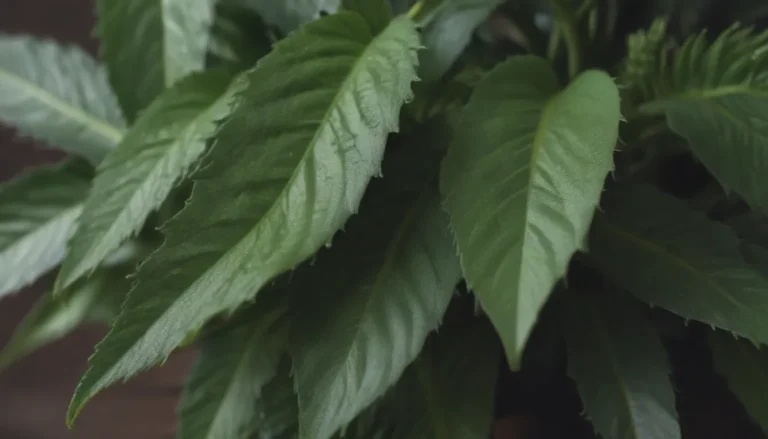The Ultimate Guide to Horticultural Oils: Everything You Need to Know

Are you looking for an effective and environmentally friendly way to tackle insect pests in your garden? Look no further than horticultural oils! These oil-based pesticides are not only effective but also safe for the environment. In this in-depth guide, we will explore everything you need to know about horticultural oils, from their history to how they work as insect control, and everything in between.
A Brief History of Horticultural Oil
Oil-based pesticides have been used for centuries to control pests on fruit trees and other plants. The primary goal was to keep the plants edible by eliminating harmful insects. The first oils developed were heavy and used during the dormant season to target over-wintering insects. Over time, oils have been refined to be lighter and safer for use during the growing season. Today, horticultural oils are a popular choice for gardeners looking for effective pest control solutions.
Types of Horticultural Oils
When it comes to horticultural oils, there are different types to consider based on their application and timing. Here are some common types of horticultural oils:
Dormant Oils
These oils were initially heavy and not suitable for actively growing plants. However, advancements in oil refinement have produced lighter-weight oils that can be applied during the growing season without causing harm to most plants. While the term “dormant oil” refers to the application timing during the dormant season, it is essential to choose the right oil for your specific plant species.
Summer Oils
Summer or All-Season oils are lighter versions of dormant oils that can be applied during the growing season. It is crucial to exercise caution when applying summer oil to avoid plant burn in hot sun conditions. These oils are now being combined with insecticides for broader control with less risk of plant damage.
Superior Oils
While there used to be a distinction between summer and dormant oils, most products are now labeled as all-purpose horticultural oil. The term “superior oil” is used to describe improved, highly refined oils that are safer for use on leaves during the growing season. Today, all horticultural oils are technically superior oils, offering efficient pest control solutions.
How Do Horticultural Oils Work as Insect Control?
Horticultural oils work by suffocating insects, blocking their spiracles and disrupting their metabolism. This method not only kills insects but also prevents the spread of diseases carried by pests like aphids. These oils are safe for humans and pets, as excess oil evaporates quickly, leaving no toxic residue behind.
When to Apply Horticultural Oils
Timing is crucial when applying horticultural oils for pest control. If dormant oil is recommended, apply just before leaves or flowers show signs of swelling or breaking open. For summer applications, target young, soft, and slow-moving insects for maximum effectiveness. Keep an eye out for when insects first appear on plants and apply horticultural oil as needed.
When Not to Use Horticultural Oils
While horticultural oils are generally safe, there are some instances when you should avoid using them:
- During extremely high temperatures
- During freezing temperatures
- When plants are wet or during high humidity
- During the fall
- Anywhere sulfur or pesticides containing sulfur are applied
- On plants known to be sensitive to oils
- On open blooms
What Pests Can Horticultural Oils Control?
Horticultural oils are effective against a wide range of insect pests, including adelgids, aphids, caterpillar eggs, mealybugs, scale insects, spider mites, thrips, and whiteflies. In addition, horticultural oils can also be used as a fungicide to combat powdery mildew, leaf spot, and rust. Neem oil, a type of horticultural oil, is particularly effective against aphids and viruses spread by insects.
Additional Resources
If you’re looking for more information on using horticultural oils in your garden, check out these resources:
- Insect Control: Horticultural Oils – Colorado State University Extension
- Horticultural Oils—What A Gardener Needs To Know – University of Nevada Reno Extension
- Using Horticultural Oils on Landscape Plants – Michigan State University Extension
- Horticultural Oils: What a Gardener Needs to Know – University of Nevada Reno Extension
In conclusion, horticultural oils are a valuable tool for gardeners looking for effective and eco-friendly pest control solutions. With the right application and timing, horticultural oils can help you maintain a healthy and thriving garden. So next time you encounter pesky insects in your garden, consider reaching for a bottle of horticultural oil!





